We share news about upcoming science events, cancer-causing additives in Easter candy, and we hunt for Colorado’s native Easter Daisies.
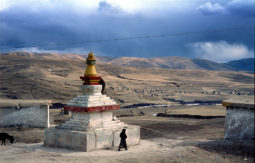
Tibetan Watershed in Danger (Starts 1:00) Lobsang Yangtso speaks 11 AM Wednesday at CU Boulder about the crucial need to protect Tibet’s “Roof of the World” and its role in the world water supply. Wednesday’s 11 AM Seminar is also on Zoom.
 The Nuclear Legacy of Rocky Flats. (Starts 3:52) Regis University conducts this symposium tonight with keynote speaker Kris Iversen, author of Full Body Burden, Growing up in the Nuclear Shadow of Rocky Flats.
The Nuclear Legacy of Rocky Flats. (Starts 3:52) Regis University conducts this symposium tonight with keynote speaker Kris Iversen, author of Full Body Burden, Growing up in the Nuclear Shadow of Rocky Flats.
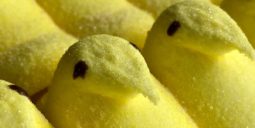
Cancer Causing Additives in Easter Candy (Starts 10:20) The Environmental Working Group wants to ban Easter Candy ingredients that carry a cancer risk

Boulder’s Native Easter Daisies (Starts 15:20) We join Boulder Naturalists Steve Jones and Ruth Carol Cushman, as they hunt for a deep-rooted little flower called the Easter Daisy along Boulder’s geologic wonder known as the Six Mile Fold.
Host & Show Producer: Shelley Schlender
Engineer: Shannon Young
Executive Producer: Beth Bennett
Podcast: Play in new window | Download (Duration: 26:58 — 37.1MB)
Subscribe: RSS


 Today on How on Earth, Beth speaks with
Today on How on Earth, Beth speaks with 
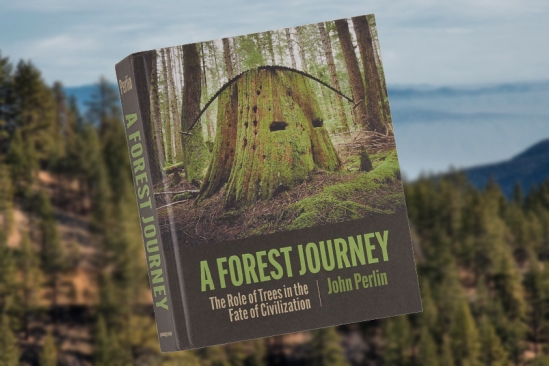
 On today’s show Beth talks with Dr Elissa Epel, about her
On today’s show Beth talks with Dr Elissa Epel, about her 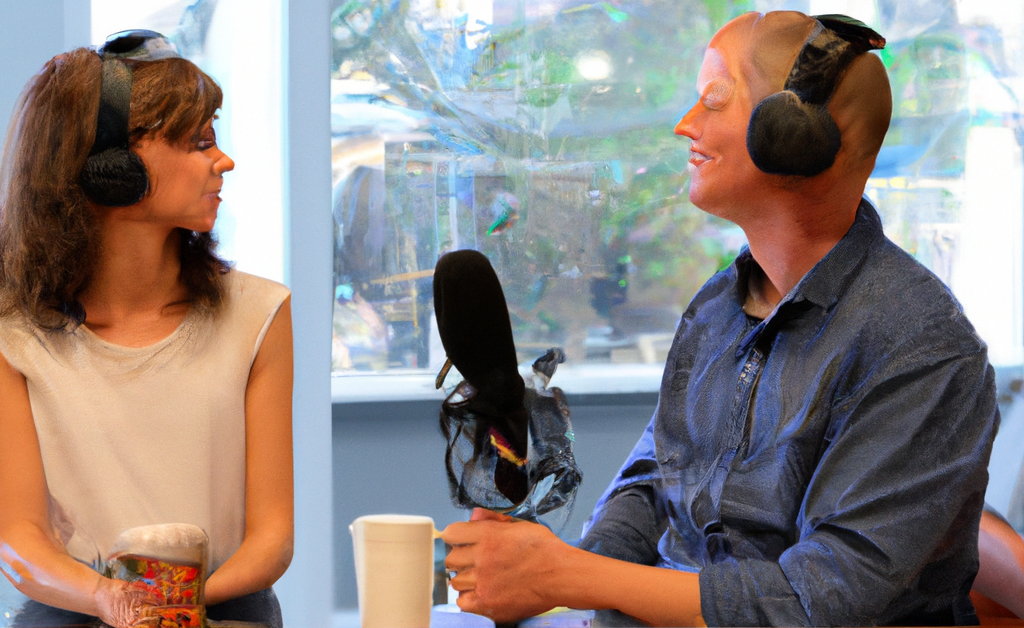
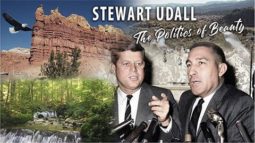
 Your Brain on Music (start time: 6:18): Most people love music, whether it’s opera music, jazz, rock-n-roll, gospel, nursery rhymes or another genre. Whether you’re a trained professional or someone who just likes to sing in the shower or listen to your favorite playlists, you’ve likely felt the power of music in shaping your thoughts, feelings and behavior. But how?
Your Brain on Music (start time: 6:18): Most people love music, whether it’s opera music, jazz, rock-n-roll, gospel, nursery rhymes or another genre. Whether you’re a trained professional or someone who just likes to sing in the shower or listen to your favorite playlists, you’ve likely felt the power of music in shaping your thoughts, feelings and behavior. But how?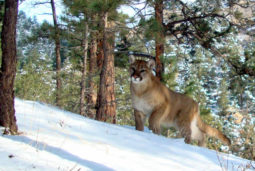
 NASA’s
NASA’s 